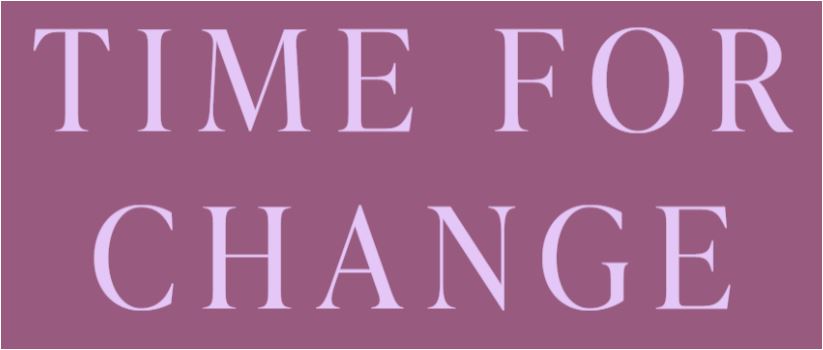The ADD Resource Center
Understanding Your Emotional Landscape
You might be experiencing a complex emotional journey that can feel overwhelming and confusing. While each emotional state has distinct characteristics, they can also overlap and interact in intricate ways.
Decoding the Prescription Puzzle: Why Some Individuals with ADHD are Prescribed Medication
While ADHD is commonly managed through a combination of therapies and interventions, medication is often a key component of treatment plans.
Making the most of your situation after being terminated.
Making the most of your situation after being terminated and looking for your new role.
If an individual has ADHD, what careers should they consider pursuing? Avoiding?
Individuals with ADHD often thrive in careers that match their strengths and interests while providing a stimulating and flexible environment. Within are some career considerations.
ADHD and Boundary Setting: Practical Tips for Everyday Challenges
Understanding and setting boundaries is crucial; without them, individuals may struggle with overstepping boundaries, poor self-regulation, and saying no, impacting both personal and professional lives.
ADHD and Menopause: Understanding the Symptoms and Effective Management Strategies.
Managing ADHD symptoms becomes more challenging as you approach menopause. This hormonal shift, often a sign of hormone imbalance, intensifies the symptoms of ADHD, which makes it imperative for women, especially those previously diagnosed with ADHD or experiencing ADHD symptoms for the first time, to understand the intertwined nature of menopause and ADHD and its impact on overall wellbeing.
What Can an ADHD Coach Do For Me That I Can’t Do for Myself?
This article will explore the role of an ADHD coach, the benefits of working with one, and how personalized strategies and tools can help you effectively manage your ADHD.
How should ADHD treatment begin?
Is it better to start with medication treatment and add behavior therapy if needed? Or, should behavior therapy come first with medication added if the child’s response is not sufficient? Or, is it always preferable to begin with combined treatment? Does the order in which treatment begins even make a difference?










